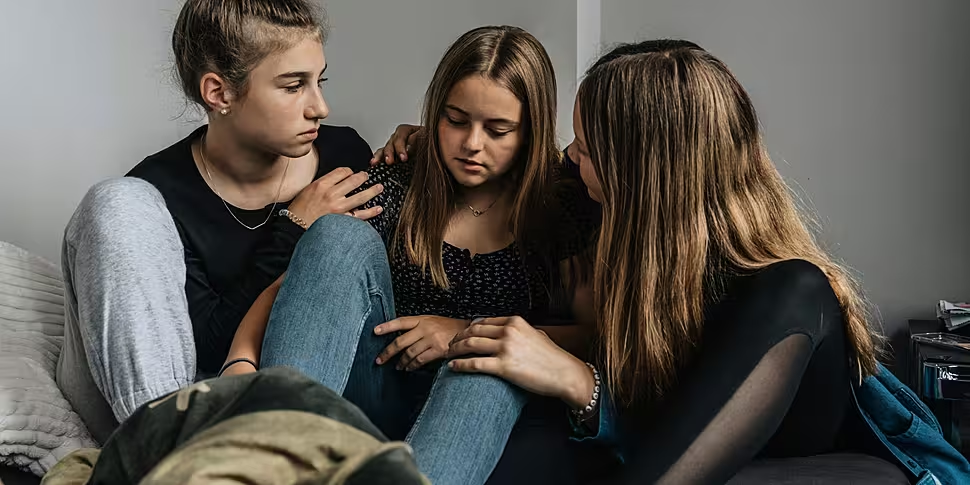Young women have a "general pessimism" and a "lack of hope" about their future – as they no longer experience their "period of innocence".
That's according to Guardian journalist, Elle Hunt, who was speaking to Newstalk Breakfast after a new Girlguiding survey in Britain found happiness among girls and young women has hit its lowest level since 2009.
Some 89% of girls and women aged between seven and 21 said they feel generally worried or anxious - compared to 78% back in 2016.
Ms Hunt said concerns about climate change and rising technology use are some of the factors contributing to their anxiety.
"The general impression that I came away with from reading those results was just that there's just general pessimism and a lack of hope that young women today feel about their future," she said.
"[And] how early adult concerns [show] themselves on what we would have previously thought of as a period of innocence."
News cycles
Ms Hunt said young women are affected by the "pace" and "intensity" of the news cycle.
"It's not just adults who are struggling to cope with the round-the-clock news cycle and how it exists from the same devices we really live our lives [on]," she said.
"The thing that is compounding these anxieties is the social media that young people are putting out their identities on and exploring their social networks.
"When I was at school, which was, admittedly not that long ago, there was still a very clear split between online and offline worlds and you could leave the school behind when you went home for the day.
"Now, I think those social anxieties and social politics are a big part of learning to grow up and it does cause anxiety and challenges now follow people home and are magnified on the internet."
'Well-adjusted'
Ms Hunt said there are always going to be some "exceptions" with young women who feel well-adjusted.
"I think the thing to take away from this Girlguiding survey is that it is nine and 10 that feel worried or anxious; which is not necessarily a negative thing to say in this kind of world," she said.
"In this environment, to feel worried or anxious probably is a sign of being well adjusted."
Age range
Ms Hunt said her cause for concern within the findings was that children as young as seven were reporting the same anxieties as those in their early twenties.
"You would think that the concerns and anxieties of a group that large would be very different," she said.
"The thing that seemed particularly concerning was that there are children as young as seven and 10 being worried about the climate change crisis that's coming for them.
"I think that shows that we're not doing a very good job at protecting young people."
Young people
Ms Hunt said this is not just a problem facing young women and girls.
"I think a lot of the anxieties about the future and the pressure from the new cycle, we adults, people much older than them, can relate to," she said.
"The thing that I came away with thinking was how lucky I was to have just escaped the overwhelming online world that young people are now having to navigate."









